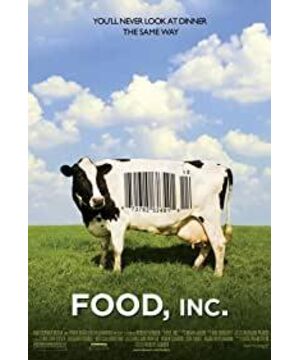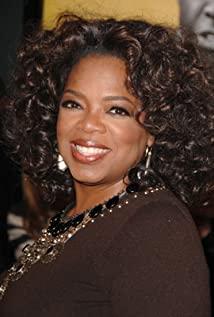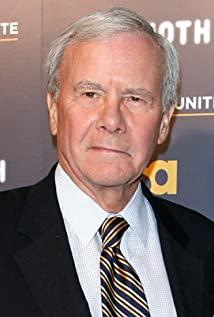• This documentary was one of several documentaries recommended by the teacher in the class two or three years ago. At that time, I didn't know there was one on station B. It seemed that it had English subtitles directly on Youtube. This time, I read the Chinese subtitles again while taking advantage of the book club.
• This documentary untangles the veil of the industrial food system and sees that the food supply chain of the industrial food system is dominated by a few large multinational corporations, who are profit-seeking and have an impact on the ecology of the entire planet (raising cows with corn, producing new bacteria and cause food safety issues), squeezing and exploitation of farmers (Monsanto’s patent on roundup ready soybean seeds to squeeze farmers who want to keep their seeds or wash them), neglect of animal welfare, neglect of labor issues , use its own resources to lobby the government, so that the government's subsidies, policies and laws are beneficial to large companies
• The entire industrial food system needs to be changed, but in the end, when alternatives such as organic, natural food, etc. appeared, big companies such as Wal-Mart followed the news and joined these alternatives
• I think the director finally pointed out a few paths,
□ As the natural farmer in the film said, his current desire is to produce better food, not to make more money. Driven by this, he will not be mercenary and will not adopt capitalism. agricultural development
□ One is the intervention of the government
□ One is that consumers vote with their own three meals a day
The food industry must be fundamentally changed or it will only be assimilated or cannibalized.
View more about Food, Inc. reviews











